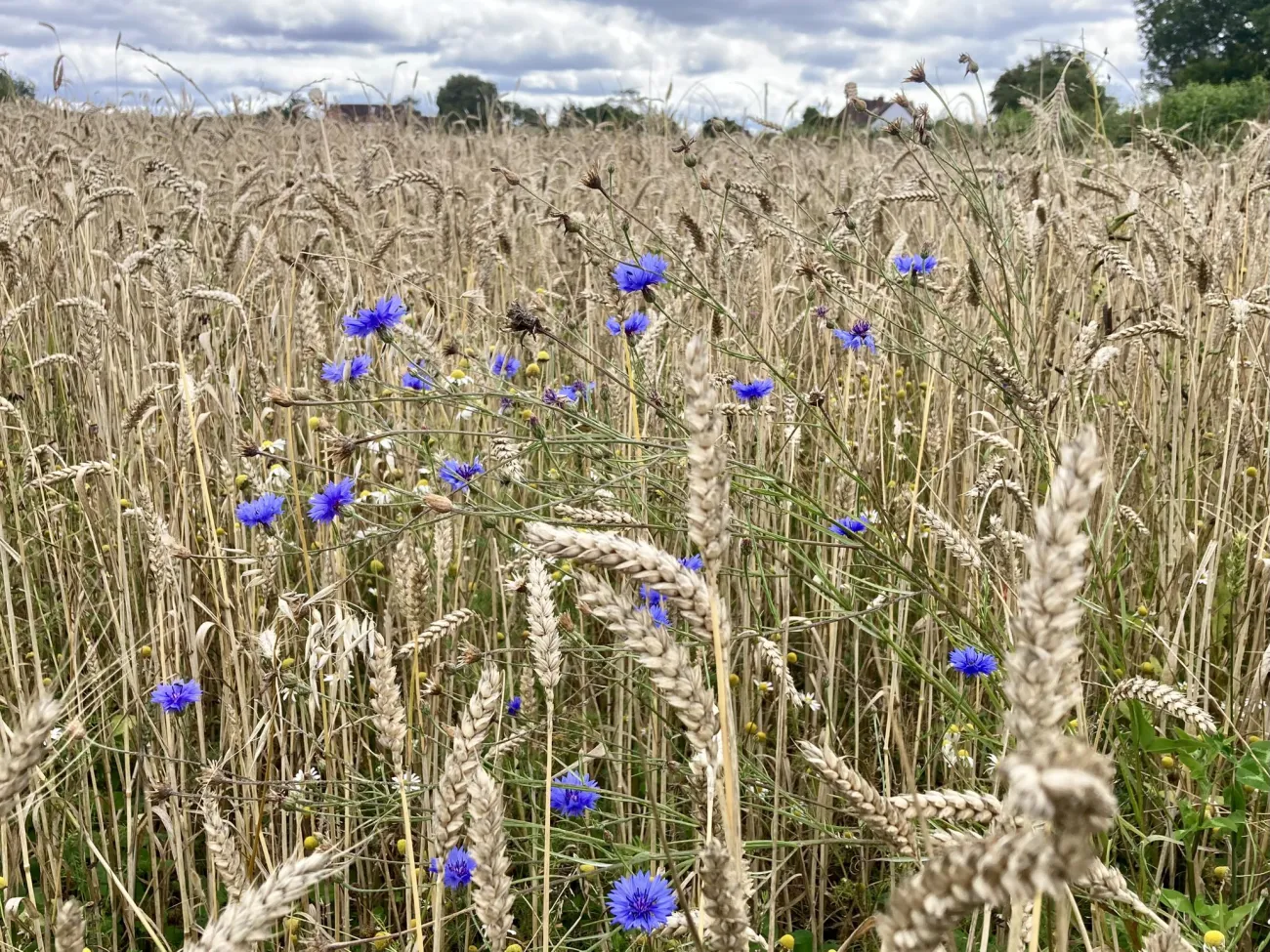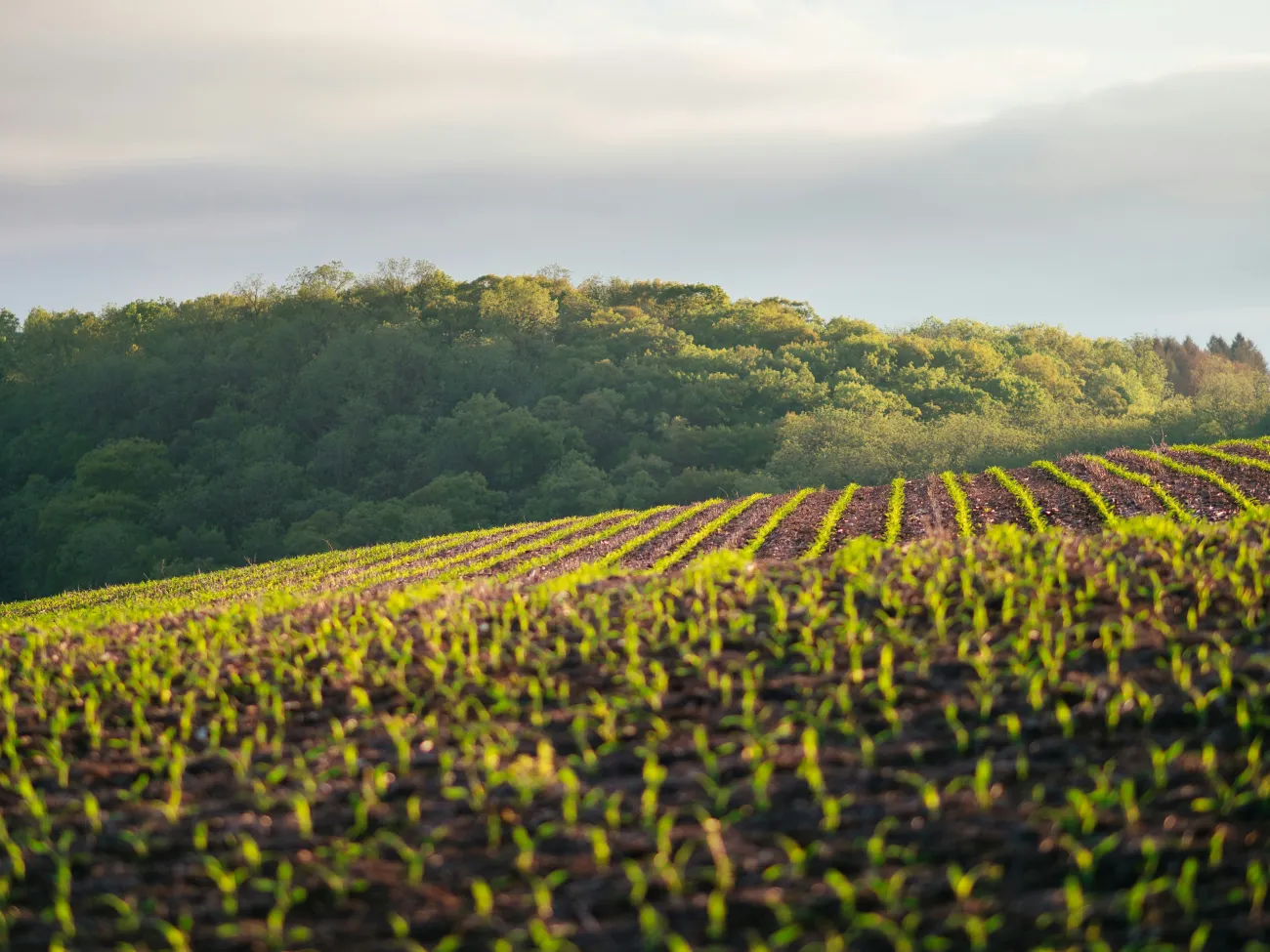A new paper published in Futures urges discussions about unsustainable food consumption to include more consideration of consumer habits and practices. Responding to reports by the World Economic Forum and the European Commission, it hypothesises that technological innovations and ‘produce more with less’ approaches fail to take into account the varied and nuanced consumer attitudes that surround food, and therefore do not fully consider whether the public would ever actually adopt proposed solutions.

In order to explore this theory, the lead author, Dr Anna Davies from Trinity College Dublin (and FCRN member), adopts a practice-oriented participatory (POP) backcasting approach, where a perfect future is imagined and then possible steps to arrive at that future are found by working backwards to the present. After gathering background data using a pre-existing sustainability project in Ireland, 18 stakeholders from various points in the food supply chain were brought together to imagine what a sustainable system could look like in 2050 and what steps might be taken to achieve it. These ideas were clustered into three general approaches: 1) Smart Eating, with a focus on technological solutions, 2) Community Eating, with a focus on local, organic production, and 3) Educated Eating, where carbon taxes, urban farms, and green supermarkets are fundamental parts of people’s daily lives.
Dr Davies then ran public workshops in major Irish cities to determine how members of the public might receive these approaches. It was found that of the three options, more than half the public preferred the Educated Eating scenario and a third favoured Community Eating, making Smart Eating by far the least popular approach. Participants saw technological responses as a lazy short-term solution, not addressing the greater problem of unsustainable attitudes towards food as well as diminishing the enjoyment of organic, traditional approaches. The discrepancy between the stakeholders’ focus on technological solutions and the participants’ rejection of such approaches highlights the need to take consumer attitudes and life choices into account, and consider the reception and adoption of proposed technological solutions.
Abstract
The early 21st century has seen a plethora of future-oriented roadmaps and foresight exercises focused on increasing food supply, often with the aid of advances in technology, in order to feed a growing global population under conditions of uncertain climate change. As such, they provide important, but only partial, pictures of how we might eat more sustainably. The complex politics underlying food production and distribution as well as factors that shape the highly uneven practices of food consumption are often obscured. Equally, and in the face of ongoing conflicts that suggest otherwise, supply-side analyses frequently assume that technological advances will play a relatively uncontested role in food futures. Drawing on insights from a participatory backcasting process that adopted a practice orientation within an overarching transitions framework, this paper adds two related dimensions to the productivist paradigm in urban food futures research. First, it places eating practices at the heart of food futures debates and second, it provides a critical reflection on consumer–citizen perceptions of the role for technology, and in particular ICT, in shaping those eating practices. Ultimately, it is argued that technological advances in production alone are unlikely to generate the significant transformations required to construct more sustainable urban future food landscapes.
Citation
Davies, A. R., Co-creating sustainable eating futures: Technology, ICT and citizen–consumer ambivalence, Futures (2014).
You can read the full paper here.
Read more about consumer behaviour and attitudes and technology on our website
For another scenarios approach to food futures, see the University of Manchester’s What’s Cooking report here.




Comments (0)